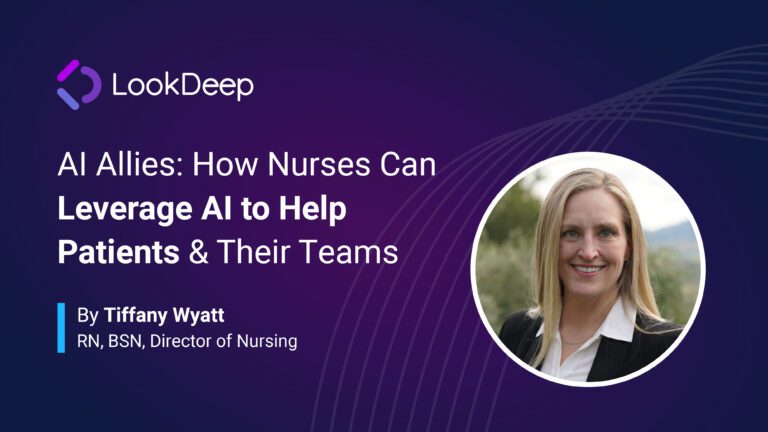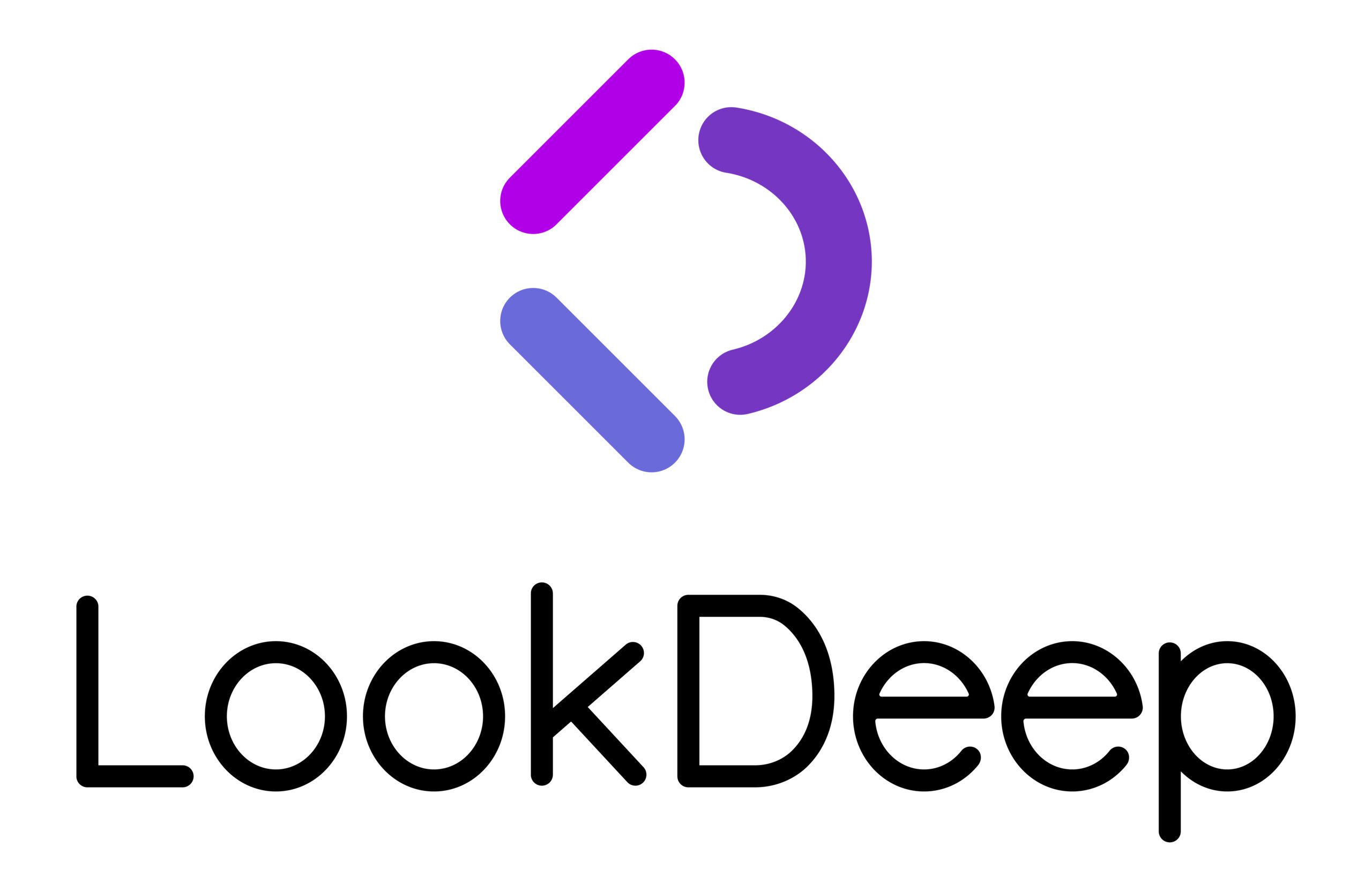A human-centered approach will ensure that technology serves as an ally to nurses and patients alike
Recently, several articles and events have highlighted the tension nurses feel around the rise of AI in hospitals. However, this conversation is far more nuanced than early impressions suggest. In the Modern Healthcare article, “AI Uses in Nursing and Patient Care at HCA, Kaiser Permanente,” concerns were raised about whether AI truly supports patient care or prioritizes hospital finances. Meanwhile, a Becker’s Hospital Review article, “Why Nurses Are Protesting AI,” emphasizes the fear of job loss and depersonalization of care. Nurses remain skeptical if they have not witnessed how AI can meaningfully help them on the floor.
Change is Hard, Especially When It’s a Mystery
The concerns surrounding AI in healthcare echo previous technological challenges. For instance, electronic health records (EHRs) were initially criticized for overwhelming nurses with time-consuming documentation that took away from patient care. The article “Top 5 AI Concerns for Nurses” indirectly acknowledges that EHRs still frustrate many clinicians today. However, these systems also improved data accuracy and have become essential to clinical workflows – proving that thoughtful implementation and gradual improvements can address challenges over time.
We can improve how we educate nurses about AI in the hospital setting to demonstrate benefits, including:
- AI can give you its opinion on what is happening or could happen. And, that opinion should be validated, just as if a coworker brought something to your attention.
- AI can work for you, like your own scribe for documentation. You review and edit the notes and confirm information before signing.
- AI can see things for you, like an intern who checks to see if a patient is trying to get out of bed. It can alert you of potentially dangerous situations.
Seeing these benefits firsthand can help nurses better understand AI’s potential to enhance patient care while supporting their daily work. The concepts of AI can be related to things we understand, so the workflows and processes governing AI should come from people closest to those areas. Even if nurses are not AI scientists, they are experts in their space and caring for patients. Nurses’ involvement in integrating AI into healthcare will create a better understanding of AI and processes overall.
Protecting Nurses and Improving Safety
Another impactful application of AI is identifying dangerous situations that might threaten nurses’ safety. It’s one of the top-rated areas of concern for nurses as they increasingly deal with aggressive or distressed patients. AI can recognize the early signs of these situations and alert virtual observers to monitor closely and dispatch help if necessary. This safety net can minimize risks and ensure a safer work environment for nursing staff.
Collaborative Solutions: Lessons from IV Pumps to Patient Lifts
There are lessons to be learned from the adoption of other technologies that have helped nurses and patients. Traditionally physically moving patients was taxing and potentially dangerous for nurses and patients. Patient lifts were embraced by nurses as valuable technological aids and the benefits to nurses and patients were clear. Another example is automated IV pumps that control the dosages and drips given to patients. Automated IV pumps minimize medication errors and help speed up nursing processes.
Similarly, AI can be implemented alongside supportive structures. Creating specialized virtual team members who leveraged AI directly could allow nurses to see its benefits without having to be experts themselves. These teams can monitor data, and interpret insights while collaborating with bedside nurses in a way that limits their exposure.
Toward a Sustainable Future
The collective challenge for the healthcare industry is to harness AI’s potential in a way that complements nurses’ expertise. Rather than further anonymizing care, AI can support the nurse-patient relationship. It’s less about the top of the license rhetoric and focusing on tasks AI will lag – like physical contact with the patients or extra time to build trust in their care. Additionally, by reducing burnout, improving safety, and streamlining workflows, AI can empower nurses and transform healthcare delivery.
Successfully integrating AI into nursing practice will require a human-centered approach to ensure that technology serves as an ally. Through collaboration between healthcare professionals and technologists, we can create solutions that utilize the centrality of nursing in new ways while delivering transformative patient care. Nurses need to be informed, educated and have a seat at the table as AI is being integrated into healthcare.


